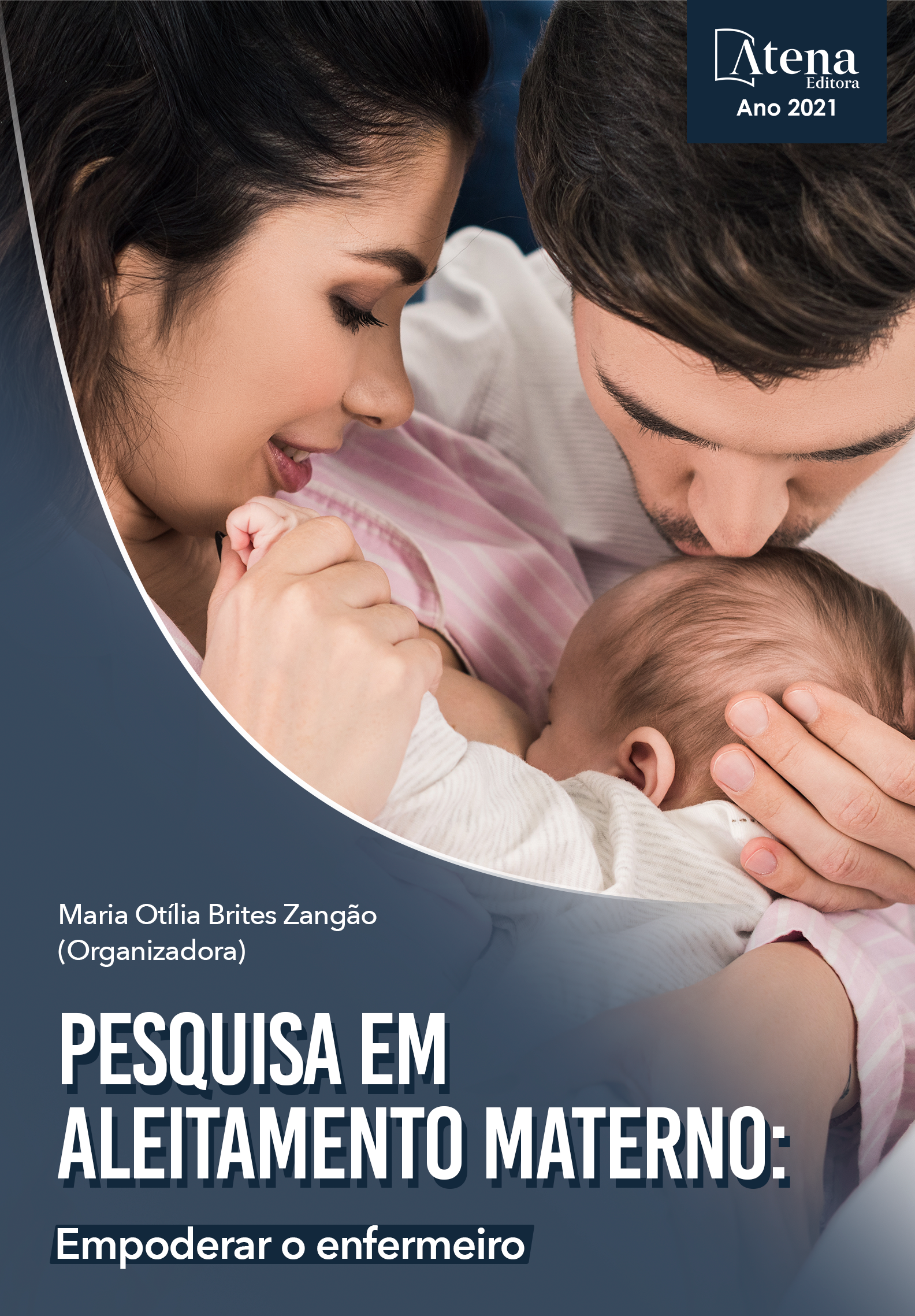
IMPLICAÇÕES DO LEITE MATERNO NA FORMAÇÃO DA MICROBIOTA INTESTINAL E RELAÇÃO COM DESENVOLVIMENTO DE ALERGIAS
Introdução: O início da vida é um momento relevante para constituição da microbiota intestinal pois terá efeitos a longo prazo. Assim, a composição e metabolismo da microbiota intestinal do recém-nascido desempenha um papel essencial no risco de doenças alérgicas. O leite materno leva ao estabelecimento de uma microbiota intestinal que afeta profundamente a maturação do sistema imunológico do RN. Objetivo: Identificar a evidência existente sobre as implicações do aleitamento materno na proteção contra alergias com aumento da microbiota intestinal. Método: Revisão scoping segundo metodologia do Joanna Briggs Institute, através das bases de dados, via EBSCO, Academic Search Complete, CINAHL Plus with full texto, Cochrane Database of Systematic Reviews, Cochrane Central Register of Controlled Trials, MEDLINE with Full Text, MedicLatina; realizada pesquisa na Scientific Electronic Library Online. Obtiveram-se 11 estudos cuja extração apreciação crítica e extração de dados foi realizada pelo método referido e por dois revisores independentes. Síntese de dados realizada de forma narrativa. Resultados: Identificadas as razões pelas quais o leite materno contribui para a prevenção de alergias e para a constituição da microbiota intestinal infantil. Conclusão: Constata-se que um dos principais fatores conhecidos por afetar o sistema imunológico é a microbiota intestinal e que o aleitamento materno durante o primeiro semestre de vida contém uma série de oligossacarídeos naturais que estimulam o crescimento de bactérias no intestino do bebé.
IMPLICAÇÕES DO LEITE MATERNO NA FORMAÇÃO DA MICROBIOTA INTESTINAL E RELAÇÃO COM DESENVOLVIMENTO DE ALERGIAS
-
DOI: 10.22533/at.ed.2282119081
-
Palavras-chave: Obstetrícia; Aleitamento Materno; Hipersensibilidade; Microbiota; Prevenção Primária
-
Keywords: Obstetrics; Breast Feeding; Hypersensitivity; Microbiota; Primary Prevention
-
Abstract:
Introduction: The beginning of life is a relevant moment for the constitution of the intestinal microbiota because it will have long-term effects. Thus, the composition and metabolism of the newborn's intestinal microbiota plays an essential role in the risk of allergic diseases. Breast milk leads to the establishment of an intestinal microbiota that profoundly affects the maturation of the newborn's immune system. Objective: To identify and systematize the existing evidence on the implications of breastfeeding for protection against allergies with increased intestinal microbiota. Method: Scoping review according to the Joanna Briggs Institute methodology, through the databases, via EBSCO, Academic Search Complete, CINAHL Plus with full text, Cochrane Database of Systematic Reviews, Cochrane Central Register of Controlled Trials, MEDLINE with Full Text, MedicLatina; research was carried out at Scientific Electronic Library Online. Including 11 studies whose extraction of critical appraisal and data extraction was carried out by the specific method and by two independent reviewers. Data synthesis performed in a narrative way. Results: Identified the reasons why breast milk contributes to the prevention of allergies and to the constitution of the infant intestinal microbiota. Conclusion: It appears that one of the main factors known to affect the immune system is the intestinal microbiota and that breastfeeding during the first half of life contains a series of natural oligosaccharides that stimulate the growth of bacteria in the baby's intestine.
-
Número de páginas: 21
- Ana Filipa da Silva Poeira
- Alexandre Miguel Mourato Dias
- Lúcia Marisa Moreira Nunes Condinho
- Maria Otília Brites Zangão


